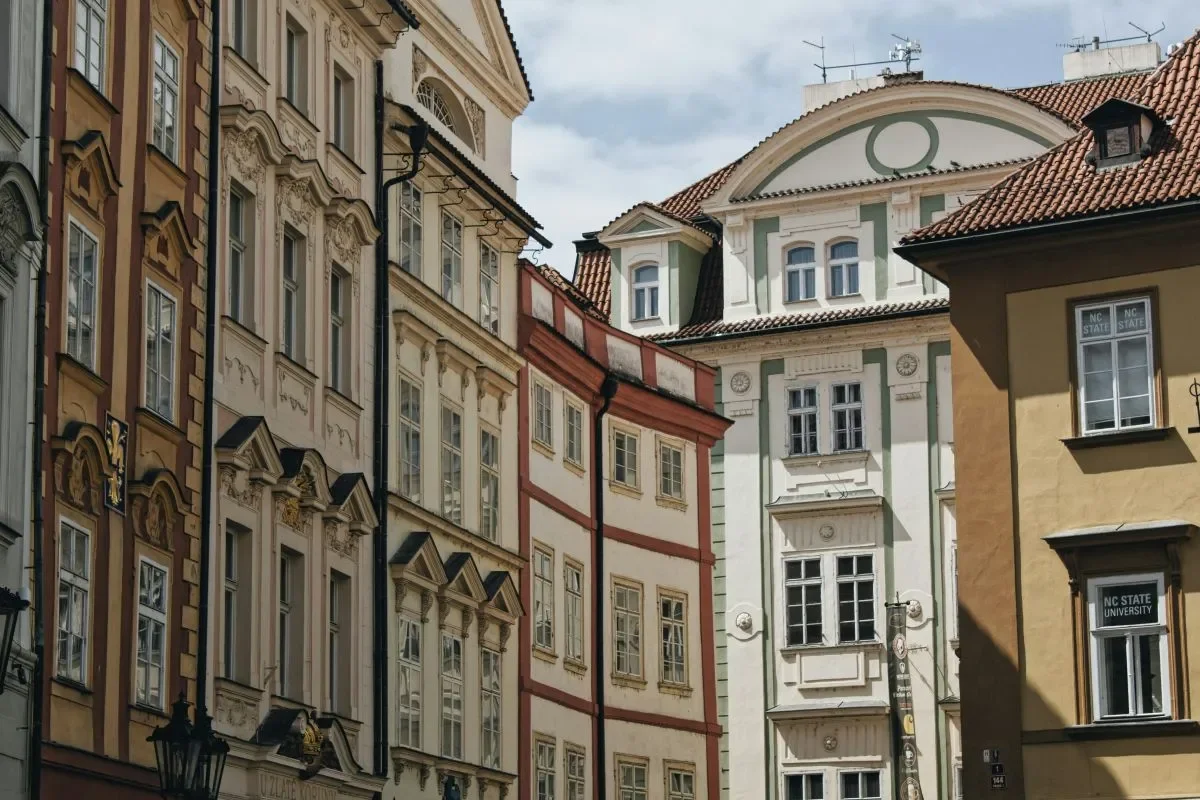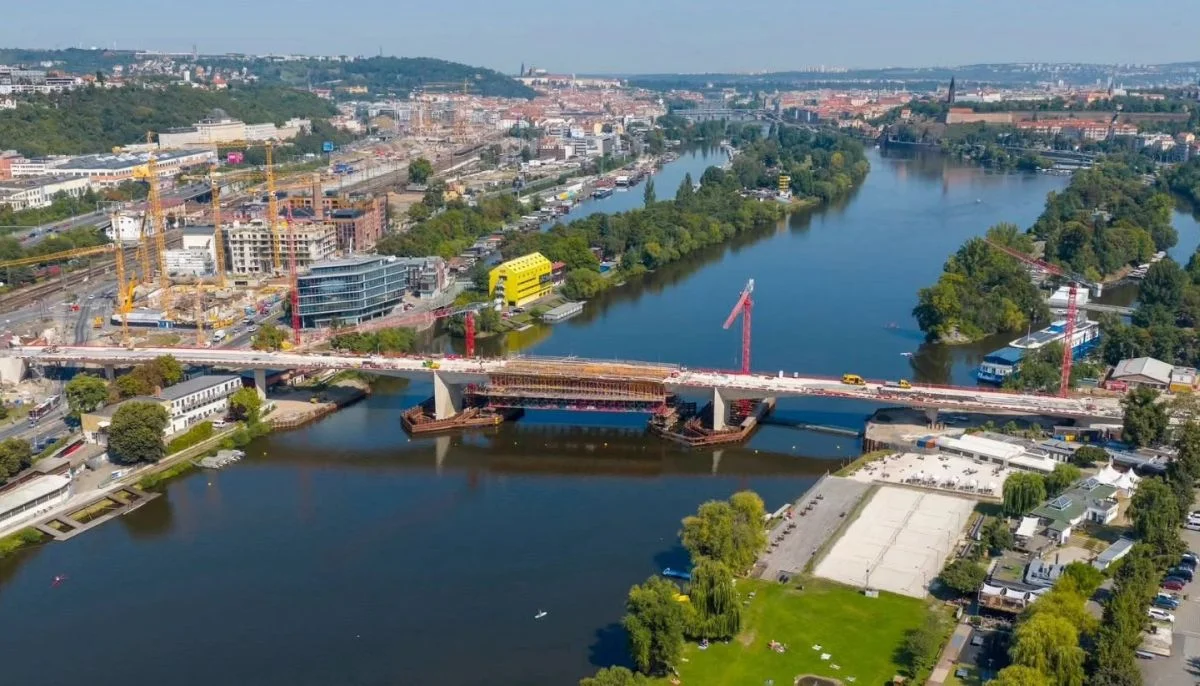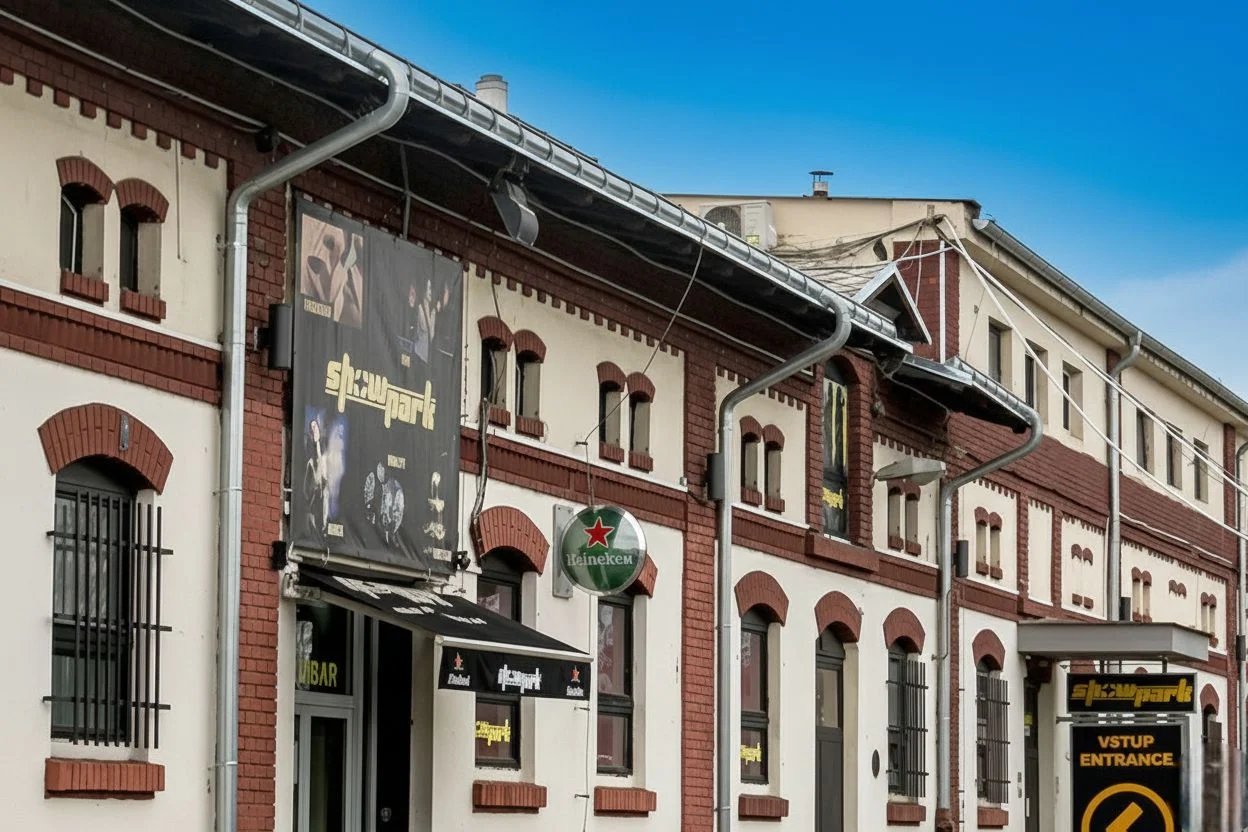
New Czech Law to Restrict Airbnb and Booking Rentals in Cities
In the Czech Republic, municipalities and cities may soon have the power to significantly restrict the letting of flats via platforms such as Airbnb and Booking. A new law allows local authorities to set a maximum number of days per year that flats in apartment blocks may be used as short-term accommodations. Additionally, municipalities can determine the specific periods during which these lettings may take place. The draft law, which was passed by the government in mid-July, still needs to be approved by Parliament and the Senate.
Furthermore, municipalities will also have the authority to determine how much space per person must be available in short-term accommodations, according to Silvia Doušová, Director of the Tourism Department at the Ministry of Regional Development (Ministerstvo pro místní rozvoj | MMR), who spoke to the ČT24 news channel. She noted that similar regulations already exist in cities like Barcelona, Vienna, and Amsterdam.
A central component of the new law is the introduction of an electronic system called ‘e-Turista,’ which mandates registration for providers of short-term accommodations. These providers will receive a registration number that must be included in their listings. The MMR hopes that this system will enable better control of short-term rentals, particularly in terms of collecting residence and income taxes. The register will initially be tested for about six months, with the official launch planned for 1 July next year.
The introduction of the e-Turista system has been welcomed by accommodation providers, who expect it to simplify their processes. The tax office, municipalities, and the tourist police will all have access to the necessary information via the portal. Currently, this data must still be managed separately through various applications.
Last year, Czech municipalities generated CZK 1.46 billion in tourism fees paid by guests in hotels and guesthouses. This represents an increase of 34 percent compared to 2022 and a doubling of revenue compared to 2019, the year before the coronavirus pandemic. The amount of the fee is set by municipalities, with the maximum rate raised to CZK 50 in 2021.
The number of flats offered for short-term rental in Prague and other cities has been increasing again since the end of the pandemic. Before the pandemic, around 14,000 flats were listed on platforms such as Airbnb and Booking, but this number fell by half in 2021. According to Inside Airbnb, there are currently 9,066 flats on offer in Prague, with 3,320 located in Prague 1 alone.
In the central districts of Prague, the short-term letting of flats is facing growing criticism. Residents and the city council argue that residential buildings lose their character when converted into tourist accommodations, disrupting normal city life. In the districts of Staré Město, Nové Město, Josefov, and Malá Strana, Airbnb flats now make up almost eleven percent of the total housing stock. Around 80 percent of the flats on offer belong to landlords who own more than one property.
Mass tourism is causing increasing tensions in many European cities. While local residents in Venice, Barcelona, the Canary Islands, Mallorca, and Athens have already protested against negative consequences such as rising property prices, noise, and pollution, governments are working on new laws. In Germany, an amendment to the Tourism and Trade Act is being prepared to extend the powers of local authorities to regulate tourism. At the EU level, regulations are also being developed to create more transparency in the collection of data by short-term rental platforms like Airbnb.



